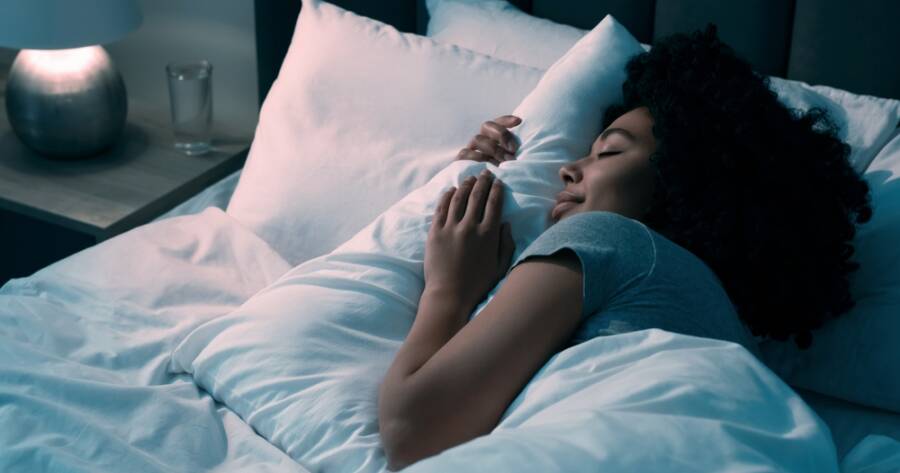Getting quality sleep is essential for both physical and mental well-being. Yet, stress, screen time, and poor habits can make falling and staying asleep a challenge. By making simple changes to your nightly routine and environment, you can improve your sleep quality and wake up feeling more refreshed, energized, and ready to take on the day.
Create a Consistent Sleep Schedule
One of the most effective ways to sleep better is to go to bed and wake up at the same time every day—even on weekends. Your body has an internal clock, known as the circadian rhythm, which helps regulate sleep. When you follow a regular schedule, it becomes easier to fall asleep and wake up naturally. In contrast, constantly changing your bedtime can confuse your internal rhythm, leading to restless nights and groggy mornings.
Start by choosing a bedtime that allows for at least seven hours of sleep. Try to begin winding down around the same time each evening so your body can adjust. Over time, this routine will signal to your brain that it’s time to rest.
Design a Sleep-Friendly Environment
Your bedroom plays a big role in how well you sleep. A quiet, dark, and cool room is ideal for restful sleep. Noise and light can interrupt your rest, even if you don’t wake up fully. Use blackout curtains to block outside light and consider a white noise machine or earplugs if sounds are a problem. Keeping the room cool—typically between 60 to 67 degrees Fahrenheit—helps your body relax more quickly.
Also, make sure your bed is comfortable. A mattress and pillow that support your body properly can reduce tossing and turning. Choose bedding that feels good on your skin and isn’t too heavy or too light for the season.
Limit Screens and Stimulants Before Bed
Technology and stimulants are two major sleep disruptors. The blue light from phones, tablets, and TVs can interfere with your body’s production of melatonin, the hormone that helps you sleep. Try to avoid screens for at least 30 minutes before bed. Instead, consider reading a book, listening to calming music, or practicing light stretching to wind down.
Caffeine and nicotine are stimulants that can keep your mind too alert to fall asleep. Try not to consume caffeine in the late afternoon or evening. Alcohol may make you feel sleepy at first, but it can actually disrupt the deeper stages of sleep later in the night. Drinking herbal tea or warm milk can be a better option if you want a relaxing beverage before bed.
Practice a Calming Bedtime Routine
A relaxing bedtime routine tells your body it’s time to slow down. This can include simple activities like dimming the lights, taking a warm shower, or doing deep breathing exercises. Meditation or gentle yoga can also help clear your mind and ease tension from the day.
Some people benefit from writing in a journal before bed. If racing thoughts keep you awake, jotting them down can help move them out of your mind. You might also try gratitude journaling to end your day on a positive note, which can reduce stress and support better sleep.
Be Smart About Naps and Daytime Habits
Naps can be helpful, but they should be short and taken early in the day. Long or late-afternoon naps can make it harder to fall asleep at night. If you feel sleepy during the day, a 20-minute nap can give you a quick boost without interfering with nighttime rest.
Daily habits also impact your sleep. Getting regular exercise can help you fall asleep faster and sleep more deeply. Try to finish workouts at least a few hours before bed. Also, try to get some natural sunlight during the day—it helps regulate your internal clock and improve your mood, which can lead to better sleep at night.
Small Changes, Big Impact
Improving your sleep doesn’t require major life changes. Often, just a few small adjustments to your habits and environment can lead to deeper, more restful nights. Prioritizing sleep means valuing your overall health, from better focus and energy to a stronger immune system. When you treat sleep as a daily necessity—not a luxury—you set yourself up for better days and better nights. Start tonight, and let each restful hour bring you closer to a healthier you.
